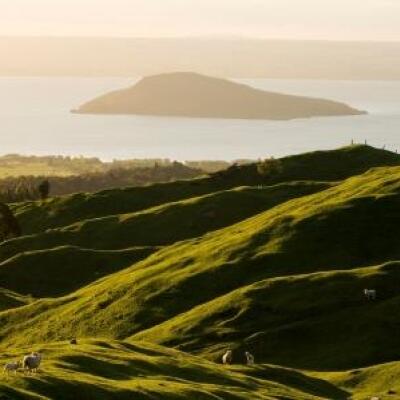
5 May 2017
After two months of hearings that saw over 50 submitters have the opportunity to voice their views, the last day of hearings for Proposed Plan Change 10 was drawn to a close yesterday.
The proposed plan change seeks to improve the water quality of Lake Rotorua for future generations.
Held over March and April 2017, an independent hearing panel heard from a wide range of submitters on the proposed plan change, receiving closing statements yesterday.
The panel of four specialists, headed by Retired Environment Court Judge Gordon Whiting, now has the responsibility to consider all the information submitted and make an informed recommendation on the plan change to Bay of Plenty Regional Council (BOPRC).
BOPRC will consider the recommendation and make a decision. Once the decision has been released by BOPRC, submitters will have 30 working days to file any appeals to the Environment Court.
The Proposed Plan Change 10 to Regional Water and Land will introduce rules for rural properties in the Lake Rotorua Catchment, to limit the amount of nitrogen entering Lake Rotorua from land use to improve water quality.
To meet water quality standards set by the community, nitrogen entering the lake must reduce by 320 tonnes by 2032. Less than half of that, 140 tonnes, will come from these proposed rules, where landowners will need to make changes their land use.
“The proposed rules are necessary, but are also just one part of the long-term solution to improving the water quality of Lake Rotorua,” says BOPRC chief executive, Mary-Anne Macleod.
The development of the rules has been underway for three years, including over two years of engagement and public submissions.
“We have had a significant amount of community engagement in this entire process – our community is passionate about Lake Rotorua and their input is valued and appreciated.”
An additional reduction of 100 tonnes of nitrogen will come from voluntary land use changes purchased by the Lake Rotorua Incentives Board; 30 tonnes will come from voluntary gorse conversion to trees; while 50 tonnes will come from engineering initiatives.
“We recognise that improving the water quality of Lake Rotorua will require a whole community effort that is fair and realistic for all,” Ms Macleod says.
The recommended decisions are expected to be received by BOPRC in June 2017. Upon these being considered by BOPRC the decisions will be notified to the public and will be available to view on the BOPRC website.